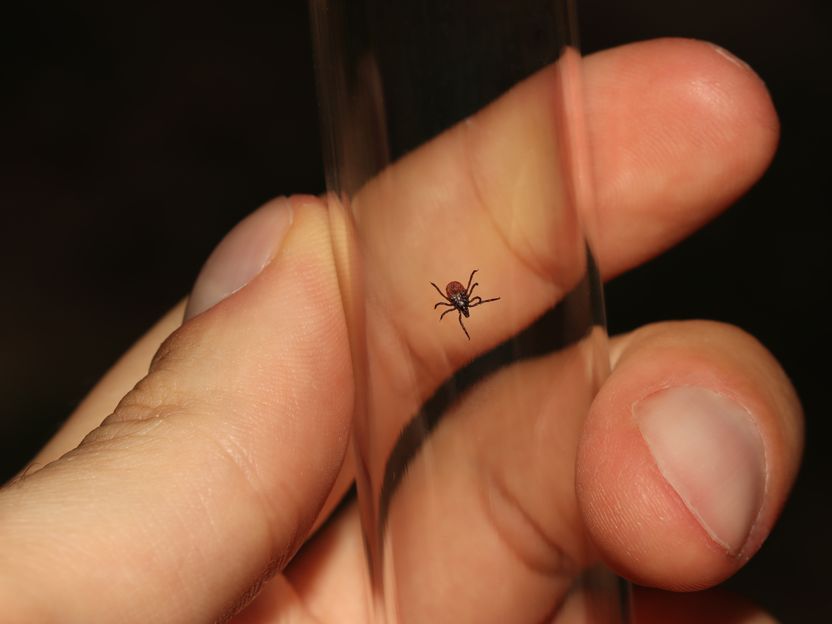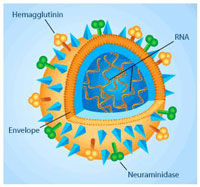Researchers discover new fat-fighting pathway
Researchers at Albert Einstein College of medicine of Yeshiva University have discovered a process that controls the amount of fat that cells store for use as a back-up energy source. Disruption of this process allows cellular fat to accumulate — a key factor in age-related metabolic diseases such as obesity and type 2 diabetes.
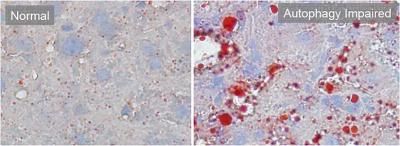
The inability to activate autophagy (right) results in massive accumulation of fat (shown here in red) in the liver. Nuclei of hepatocytes are stained in blue.
Albert Einstein College of Medicine
Discovery of this previously unknown fat-fighting pathway could lead to novel drugs for the treatment of metabolic syndrome (characterized by obesity, blood lipid disorders, and insulin resistance) and for a common liver disease known as "fatty liver" or steatohepatitis. Nonalcoholic steatohepatitis (NASH) is a common, often "silent" liver disease. Although NASH resembles alcoholic liver disease, it occurs in people who drink little or no alcohol. NASH affects 2 to 5 percent of Americans, according to the National Institute of Diabetes and Digestive and Kidney Diseases.
All cells store lipids, a type of fat, in the form of small droplets that can be broken down for energy when needed. In situations of excessive food intake or in certain diseases such as diabetes or obesity, these lipid droplets become so large that they interfere with normal cell function.
"In this study, we found that the amount of fat stored in these intracellular lipid droplets is controlled through autophagy, a process until now thought to help primarily in digesting and recycling damaged cellular structures," says Mark Czaja, M.D., professor of medicine at Einstein whose team worked collaboratively on the research with the laboratory of Ana Maria Cuervo, M.D., Ph.D., associate professor of developmental & molecular biology, medicine, and anatomy & structural biology at Einstein.
Autophagy, or "self-eating," is carried out by lysosomes, which function as the cell's recycling center. In studies of liver cells in culture and in live animals, Dr. Czaja and his colleagues discovered that lysosomes do something never before observed: continuously remove portions of lipid droplets and process them for energy production.
"When food is scarce, autophagy becomes a main source of energy for the cells and this process of digesting lipid droplets is accelerated," says Dr. Cuervo. "If autophagy slows down, as occurs in aging, the lipid droplets stored in cells keep growing and eventually become so big that they can no longer be degraded."
This slowdown in fat control appears to trigger a vicious cycle in which the enlarging fat droplets impair autophagy, allowing even more fat to accumulate, and so on, which could eventually contribute to diseases such as diabetes. The researchers noted that therapies aimed at helping autophagy operate more efficiently might prevent disease by keeping fat droplets under control.
Original publication: "Autophagy regulates lipid metabolism"; Nature 2009.
Other news from the department science

Get the life science industry in your inbox
By submitting this form you agree that LUMITOS AG will send you the newsletter(s) selected above by email. Your data will not be passed on to third parties. Your data will be stored and processed in accordance with our data protection regulations. LUMITOS may contact you by email for the purpose of advertising or market and opinion surveys. You can revoke your consent at any time without giving reasons to LUMITOS AG, Ernst-Augustin-Str. 2, 12489 Berlin, Germany or by e-mail at revoke@lumitos.com with effect for the future. In addition, each email contains a link to unsubscribe from the corresponding newsletter.
More news from our other portals
Last viewed contents
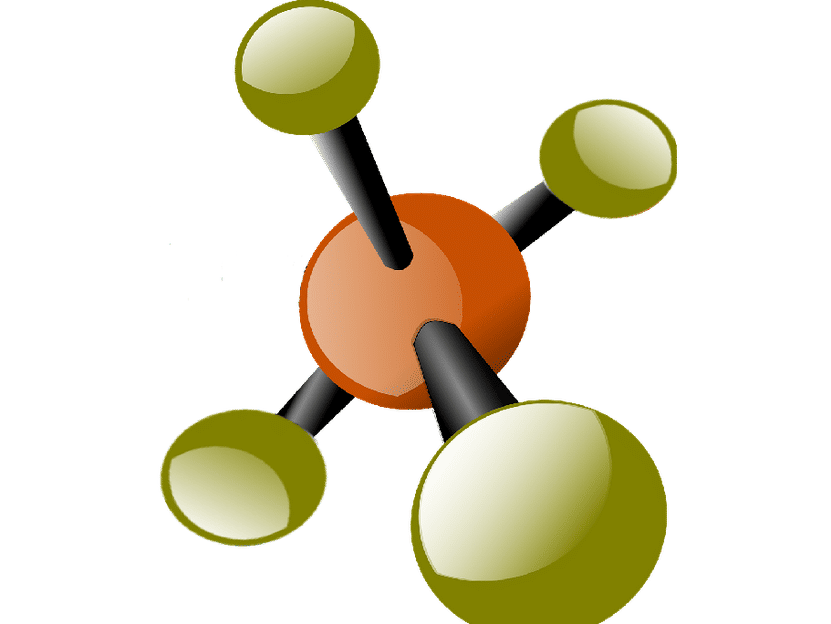
Crucial step identified in the conversion of biomass to methane - Researchers find the enzymatic link in the formation of methane from fatty acids by cooperating microorganisms
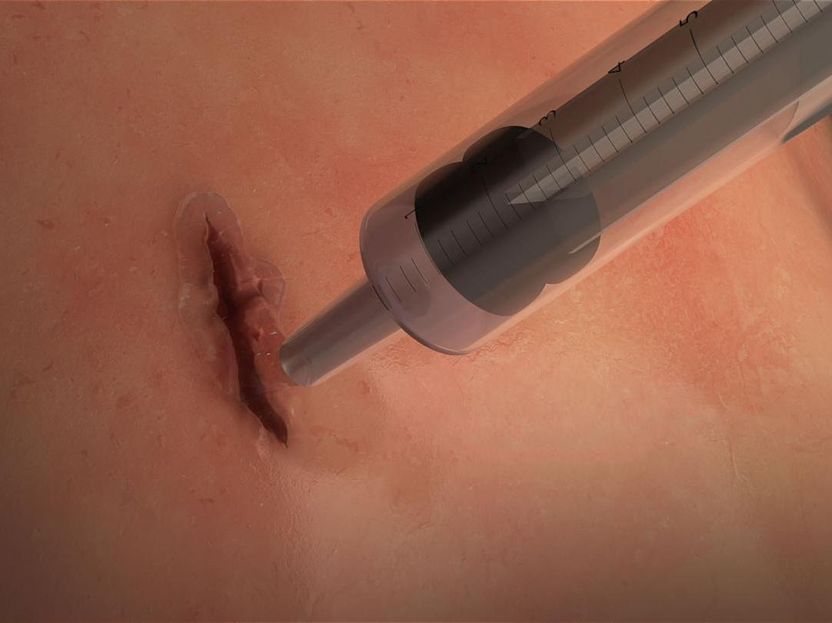
'Squirtable' elastic surgical glue seals wounds in 60 seconds

Sustainable scents from the mountain of the gods - ETH Zurich chemist Michailidou could see herself founding her own start-up: “That would be a dream come true”
ORVACS Phase II clinical study attacks the viral reservoir of HIV patients
Ambion to Provide MitoCheck Consortium a Genome-Wide siRNA Library
A pentavalent inhibitor for cholera toxin
Affimed joins the Molecular Imaging Technology Initiative - BMBF awards Affimed a funding grant of €550K
Novartis awards 2010 Prizes for Immunology in recognition of outstanding contributions to immunology in medical research

Revolutionary Breakthrough: A Drug Slows Down Leukaemia Progression by Blocking Cancer-Causing Genes - Scientists demonstrate the therapeutic value of a compound that inhibits oncogene translation
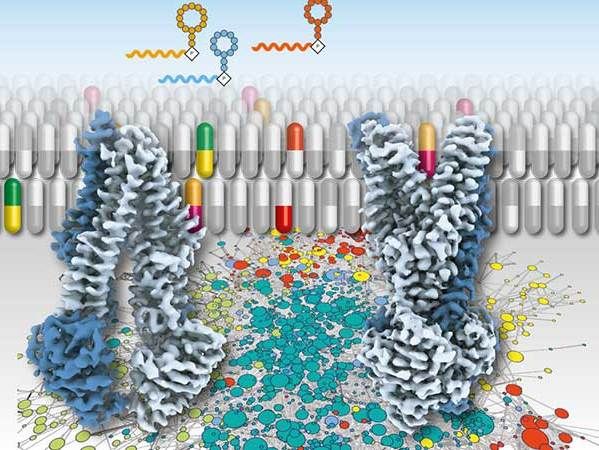
In slow motion against antibiotic resistance - How novel therapeutics provide insight into bacteria membranes

How the Brain Reacts to Sleep Deprivation
